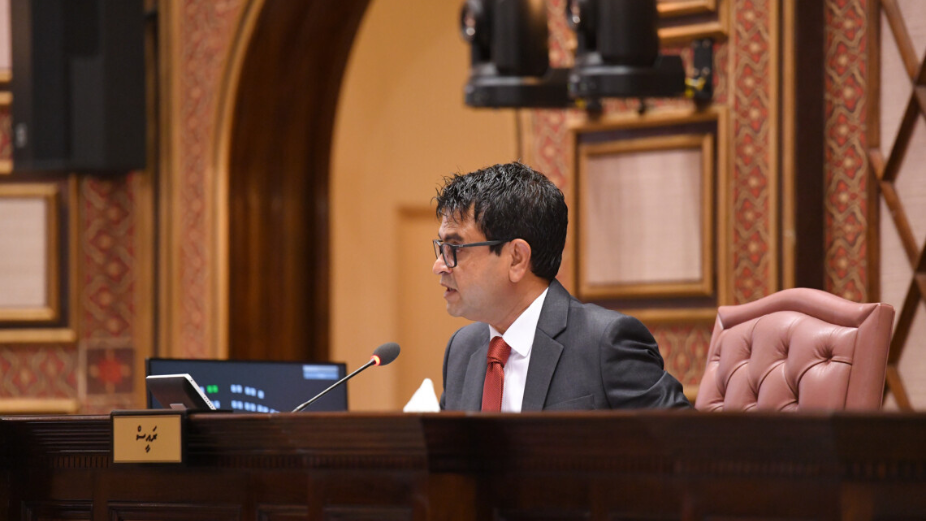
Parliament has rejected a government-sponsored bill designed to regulate the country’s Sovereign Development Fund (SDF). The deadlock arose during a parliamentary session marked by the absence of pro-government MPs. With the vote tied, Deputy Speaker Ahmed Saleem cast the deciding vote against the bill.
The Thulusdhoo MP, Ibrahim Naseem, had submitted the bill on behalf of the government. However, only two MPs participated in the initial vote. Deputy Speaker Saleem, citing the lack of government MP participation, used his tie-breaking vote to oppose the bill and expressed disappointment in the government’s perceived lack of prioritization of the legislation.
Why the Sovereign Development Fund Matters
The SDF was established with the goal of easing the burden of debt repayment facing the Maldives. It aims to promote fiscal responsibility and build confidence in the nation’s ability to manage its foreign debt. The fund serves these aims by:
- Trust and Confidence: Ensuring investors and lenders that the Maldives has the means to meet its financial obligations.
- Debt Repayment Strategy: Accumulating foreign currency reserves specifically earmarked for debt servicing.
- Economic Crisis Cushion: A financial safety net in the event of economic downturn or unexpected shocks.
The proposed legislation would have formalized policies for investing SDF funds, as well as outlining governance and management structures. Currently, the SDF primarily receives revenue from the airport development fee charged to tourists.
Implications of the Rejection
The rejection of the bill casts uncertainty over the SDF’s future regulation and may negatively impact investor confidence. The absence of clear guidelines on managing the fund could make it less effective in achieving its intended goals of debt management and economic safeguarding.












